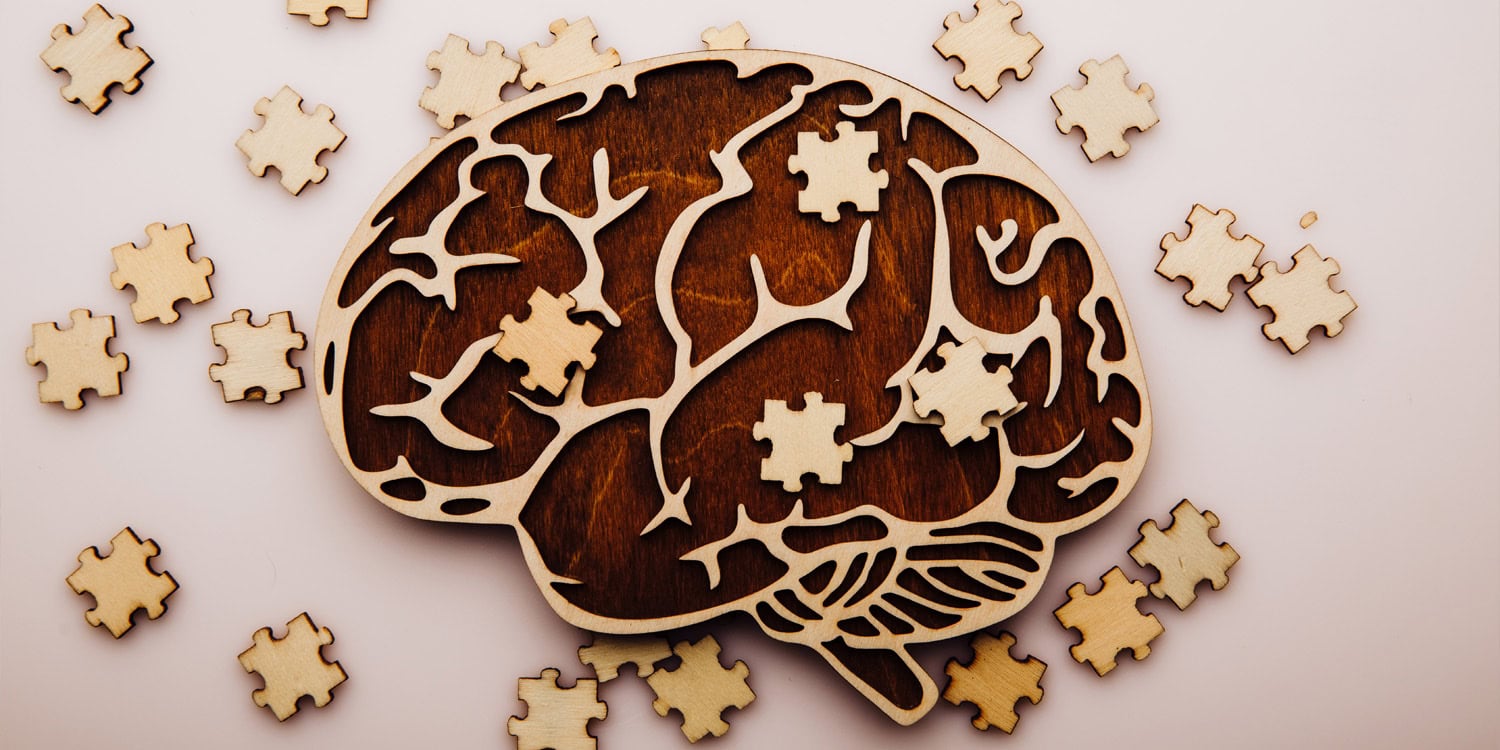In a recent study published in Applied Cognitive Psychology, researchers explored how the emotions associated with memories of political events, specifically the 2020 U.S. presidential election, fade over time compared to non-political events. They found that unpleasant emotions tend to fade faster than pleasant ones, a phenomenon known as the fading affect bias. However, emotions related to political events appear to be more resistant to fading than those tied to non-political events.
The 2020 U.S. presidential election was one of the most polarizing political events in recent history, eliciting strong emotional reactions from voters. Previous studies have shown that people experience a fading affect bias—unpleasant emotions linked to autobiographical memories diminish faster than pleasant ones.
Although this bias has been studied in many contexts, it had not been thoroughly examined within the realm of politics. Given the heightened emotional impact of political events, particularly elections, the researchers aimed to understand how this bias applied to political memories compared to non-political ones. Additionally, they wanted to investigate the role of mental rehearsal, such as thinking or talking about events, in shaping this emotional fading.
“We started long ago (2003-2013) examining affect ratings and believability ratings for news headlines and some of them included stories related to elections, especially presidential elections and candidates,” said study author Jeffrey A. Gibbons, an associate professor of psychology at Christopher Newport University.
“In 2011, we pinpointed the temporal genesis (within 24 hours of the event’s occurrence) of the fading affect bias, which is the faster fading of unpleasant than pleasant affect for autobiographical events and we examined the fading affect bias for individuals above 60 years old and compared it to the fading affect bias for college students.
“Although my lab still examines recognition and believability for news headlines and we investigate the fading affect bias across many contexts, we melded the two topics to examine the fading affect bias for pleasant and unpleasant non-political events along with pleasant and unpleasant political events for the 2016 U.S. presidential election because it seemed like an opportunity that we should not miss and no one else had done it.”
That study, published in 2020, found initial evidence that the fading affect bias was larger for non-political events than for political events. To build upon those findings, Gibbons and his colleagues focused on the 2020 U.S. presidential election for their new study, in which Joe Biden won against incumbent Donald Trump. The study involved 197 undergraduate students from a liberal arts university.
The ages of participants ranged from 18 to 24, and the group had a relatively balanced gender composition, with 67.7% identifying as female, 30.4% as male, and a small percentage as non-binary or preferring not to disclose. Politically, the sample was diverse, with participants reporting a range of political ideologies from liberal to conservative, as well as varying levels of political engagement.
Participants were asked to recall and describe four events: (1) the announcement of the results of the 2020 U.S. presidential election, (2) a different political event with an emotional tone opposite to their reaction to the election, (3) a pleasant non-political event, and (4) an unpleasant non-political event.
Participants were prompted to describe these events and rate both their initial emotional intensity and their current emotional intensity on a scale from -3 (very unpleasant) to +3 (very pleasant). They also reported how often they had thought about or discussed these events since they occurred, providing ratings for emotional rehearsal.
The results provided support for the fading affect bias across both political and non-political events. Participants’ unpleasant emotions faded more quickly than their pleasant emotions, demonstrating the robust nature of this phenomenon. However, the fading affect bias was stronger for non-political events than for political ones. This suggests that people tend to hold onto their emotions about political events—whether pleasant or unpleasant—more intensely than they do for everyday, non-political events.
The researchers also found that as conservatism increased, the fading of unpleasant emotions for political events decreased, meaning that participants with more conservative views were more likely to hold onto their negative feelings about the election. Conversely, participants with more liberal views showed a stronger fading affect bias, with their negative emotions about political events fading faster. This effect was not present for non-political events, where conservatism and political affiliation did not significantly impact how emotions faded.
Rehearsal also played a key role in the fading of emotions. Participants who frequently thought or talked about an event experienced a stronger fading affect bias, particularly for non-political events. The more they revisited the event, the more their unpleasant emotions faded, and their pleasant emotions remained more stable. This suggests that rehearsing an event—either through mental reflection or social sharing—can help people process their emotions more effectively, especially for non-political memories.
Interestingly, the study found that rehearsal had less of an impact on the fading of emotions for political events compared to non-political events. This indicates that the emotional charge of political events may be more resistant to the effects of emotional rehearsal, meaning that even when people think or talk about a political event frequently, they may still hold onto their initial emotional reactions.
The findings were replicated in a more diverse and older sample drawn from Amazon Mechanical Turk (MTurk), a crowdsourcing platform. The MTurk sample included 225 participants, ranging in age from 18 to 72, with a mean age of 38.4.
“The original results for the 2016 U.S. presidential election only suggested that losing voters showed a higher fading affect bias for non-political than political events, whereas winning voters showed a higher fading affect bias for political than non-political events, because they trended in that direction without being statistically significant,” Gibbons told PsyPost. “The current results for the 2020 U.S. presidential election replicated the previous trend and provided significant results in two online studies; one with college students and one with participants from MTurk.”
“Therefore, one general take-away point from the current study is that replication is important and reasonable predictions are not always supported. A more specific take-away point is that losing voters show poor emotion regulation after U.S. presidential elections and they may need clinical help to overcome unwanted political outcomes.”
The study offers important insights into how people handle emotions tied to political events, but it does have some limitations. The study relied on participants’ self-reports of their emotions, which can sometimes be inaccurate due to memory biases. The researchers suggested that future studies could use more objective measures of emotional intensity or track participants’ emotional responses in real time.
“We submitted and are awaiting approval from the Internal Review Board at Christopher Newport University to replicate the study using the 2024 U.S. presidential election and we plan to extend the research by asking participants to recall their events and their affect ratings 7 days after they initially described their events,” Gibbons said. “Past research in our lab suggests that accurate and false recall may predict the fading affect bias.”
The study also focused solely on U.S. politics and the specific context of the 2020 presidential election. Future research could examine how the fading affect bias functions in other countries or in relation to other political events, such as local elections or referendums. Another area for further exploration is the impact of social media consumption on the fading affect bias, as frequent exposure to political content through platforms like Twitter or Facebook could potentially slow the fading of emotional responses.
“Every study contains limitations, but this study replicated and extended a trend from a previous study, which is good science, and the research covers a topic that is interesting to many U.S. citizens as well as citizens across the world,” Gibbons said. “We were very excited to publish the paper online before the 2024 U,S, presidential election and we are happy that the article has already gained readership.”
The study, “Political Variables Predicted the Fading Affect Bias More Strongly for Political Than Nonpolitical Events in the 2020 Presidential Election,” was authored by Jeffrey A. Gibbons, Aimee Buchanan, Krystal Langhorne, and Sevrin Vandevender.




